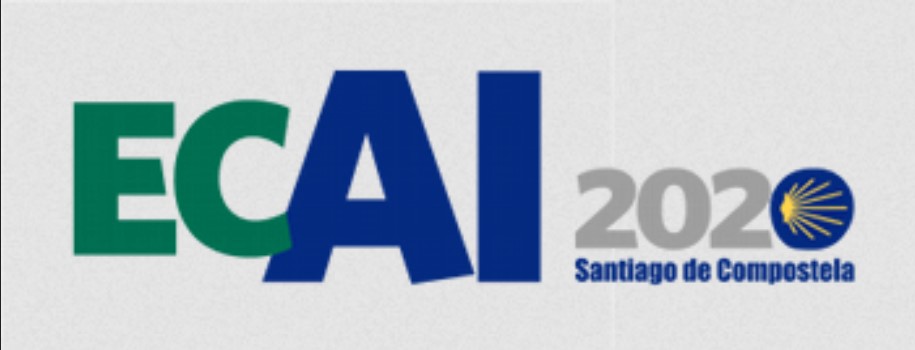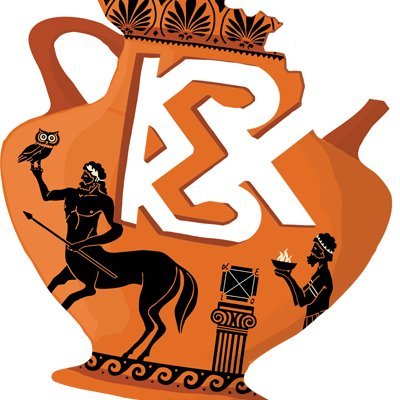Opinion
AI in Academy
In recent years AI experienced a new spring after decades of winter. The main drivers of this new era are Big Data / Data Mining / Machine Learning. The impact of this new era is transversal to all the society. Every day we read about new implementations in media or in social networks. We add new AI based applications in our mobile phones, PCs or everywhere in our daily life. Hundreds or even thousands of new start-ups billow the flag of AI.
In the academic world the phenomenon is also significant. To illustrate this, let's see the following numbers of paper submitted/accepted in IJCAI (International Joint Conference on Artificial Intelligence), the main conference in the area:
IJCAI 2013, 1473 papers were submitted and 413 accepted with an acceptance rate of 28,0%
IJCAI 2020, 4752 papers were submitted and 592 accepted with an acceptance rate of 12,6%
i.e., the number of submissions was increased in 310%, but the number of accepted papers only 43%. These numbers must be an alarm for the whole AI research community. I have the opportunity of revise more than 40 paper in the 2020 edition. What did I find there? A significant proportion of papers where the authors simply take a ML method and applied them to a particular situation. They were interesting applications, which is important to remark. However, my question is ... Is that actual research? From my point of view AI is a tool and just the simple use of the tool cannot be considered -unless few exceptions- research.
During the ´80, a similar phenomenon happened with Expert Systems, where the novelty was in the area where they were applied, but without any concrete advance in the state of the art of the field of AI. The trend seems to be the same, probably with the same consequences: a new winter of AI. In Formula 1, the roles of a constructor, a mechanics and a pilot are different and very clear. In AI in the academy these 3 roles are mixed. From my point of view, we need to restore our mission. Academics in AI must be constructors, eventually (very eventually) can be mechanics, but definitively cannot be pilots.
Eduardo Fermé
Conference
ECAI 2020
ECAI 2020, the 24th European Conference on Artificial Intelligence
ECAI 2020, the 24th European Conference on Artificial Intelligence, is Europe’s premier AI Research venue. Under the motto “Paving the way towards Human-Centric AI” ECAI provides an opportunity for researchers to present and discuss about the best AI research, developments, applications and results. ECAI2020 will feature, as usual, a full programme of technical papers, as well as many AI-related events of interest for researchers, students and all attendants who are interested on contemporary AI.
I will present a tutorial "Belief Change: From 1985 to present days". For details of the tutorial, see the following link.
Conference
KR 2020
KR 2020, 17th International Conference on Principles of Knowledge Representation and Reasoning
Knowledge Representation and Reasoning (KR) is a well-established and lively field of research. In KR a fundamental assumption is that an agent's knowledge is explicitly represented in a declarative form, suitable for processing by dedicated reasoning engines. This assumption, that much of what an agent deals with is knowledge-based, is common in many modern intelligent systems. Consequently, KR has contributed to the theory and practice of various areas in AI, including automated planning and natural language understanding, and to fields beyond AI, including databases, verification, software engineering, and robotics. In recent years, KR has contributed also to new and emerging fields, including the semantic web, computational biology, cyber security, and the development of software agents.
The KR conference series is the leading forum for timely in-depth presentation of progress in the theory and principles underlying the representation and computational management of knowledge.We will present the paper "Choosing what to belief - New results in selective revision". Fillipe Resina, Marco Garapa, Renata Wassermann, Eduardo Fermé and Maurício Reis.


